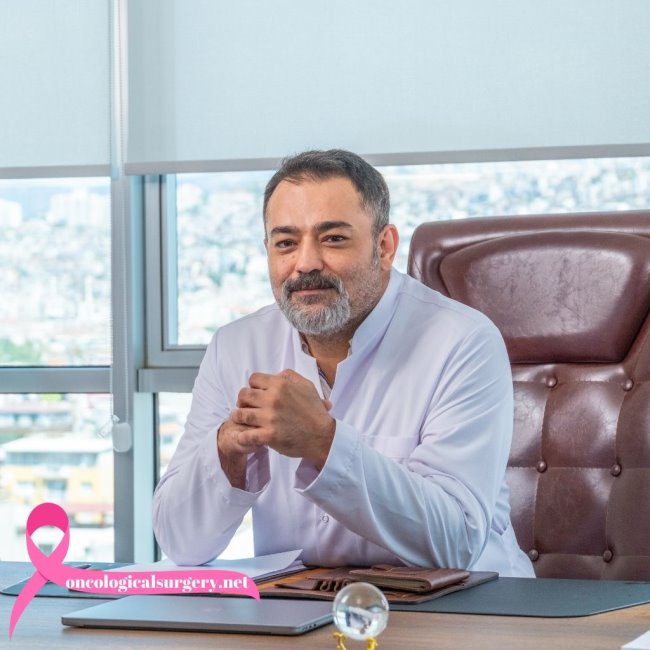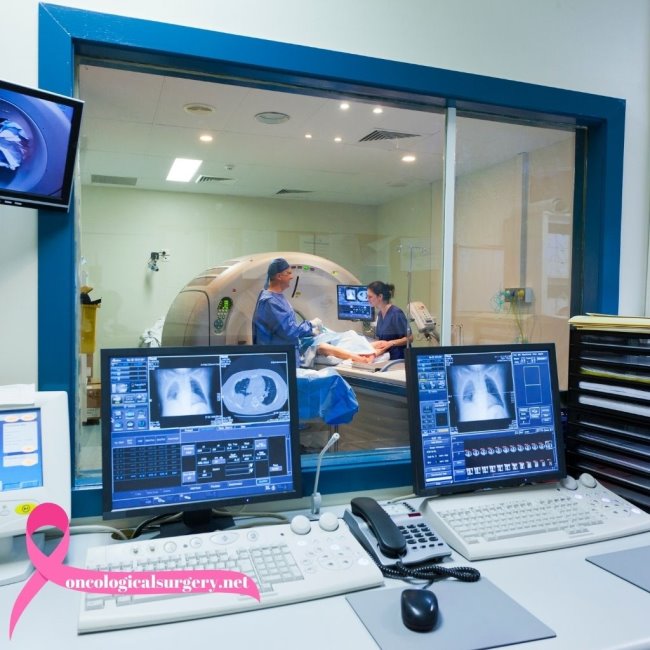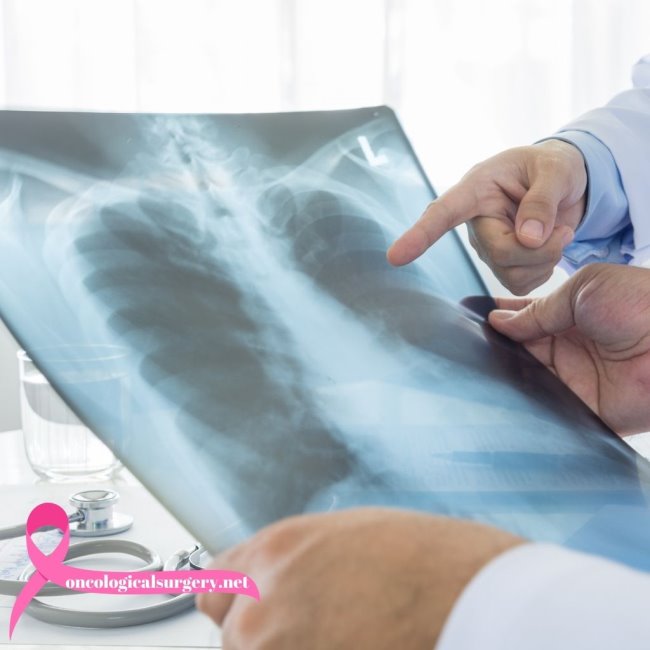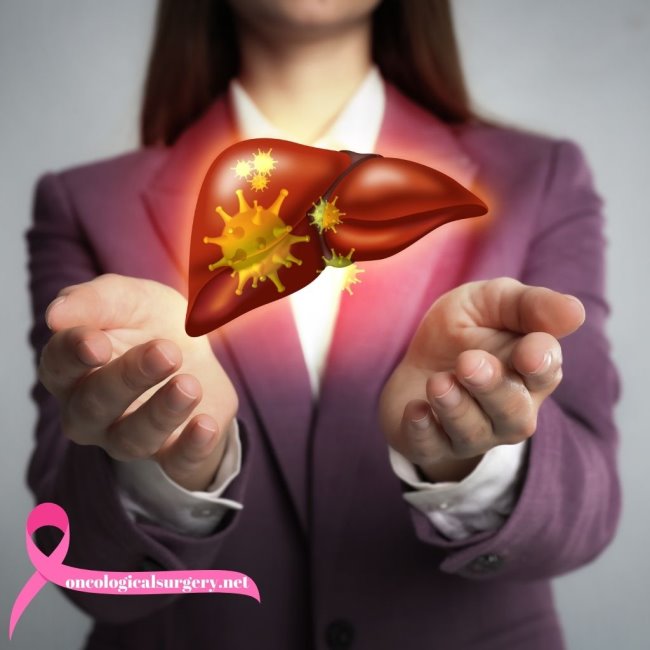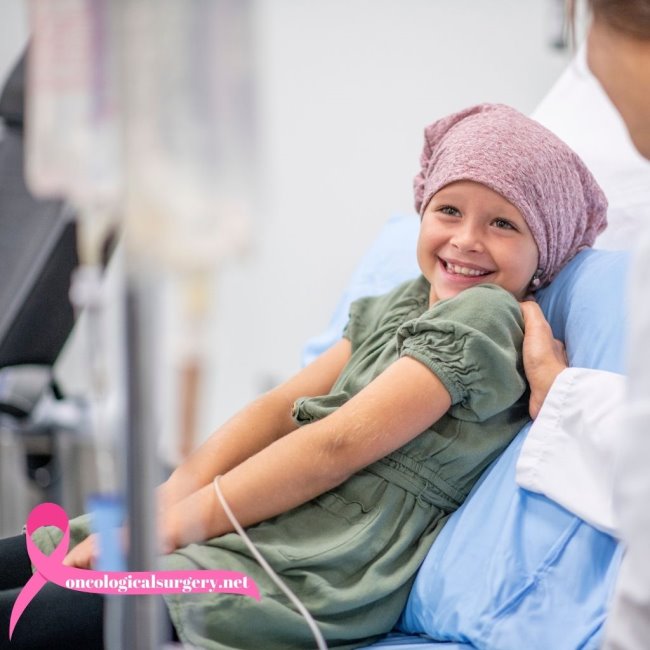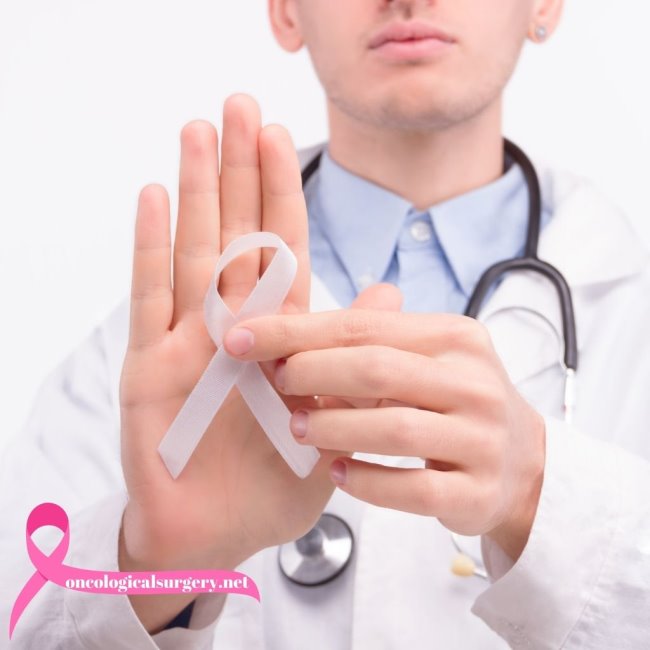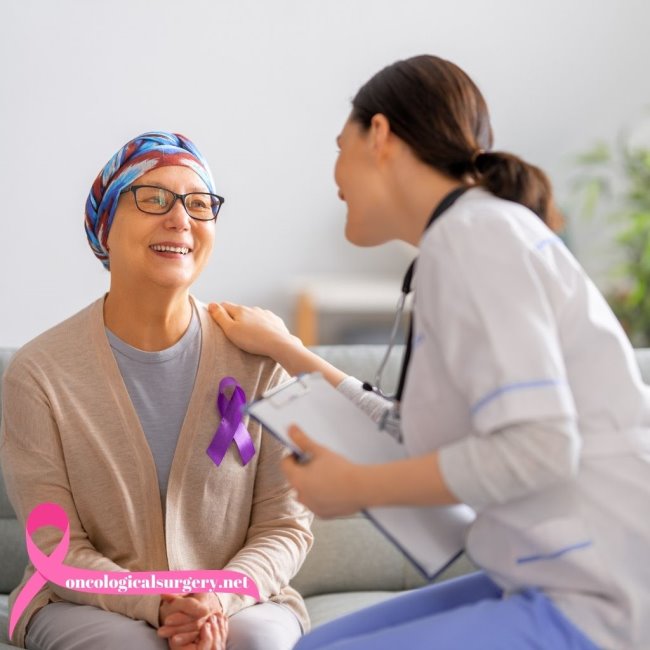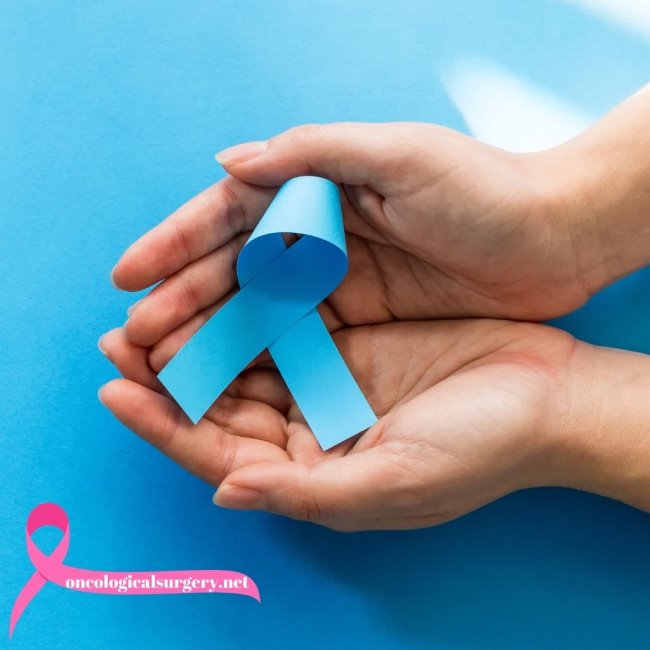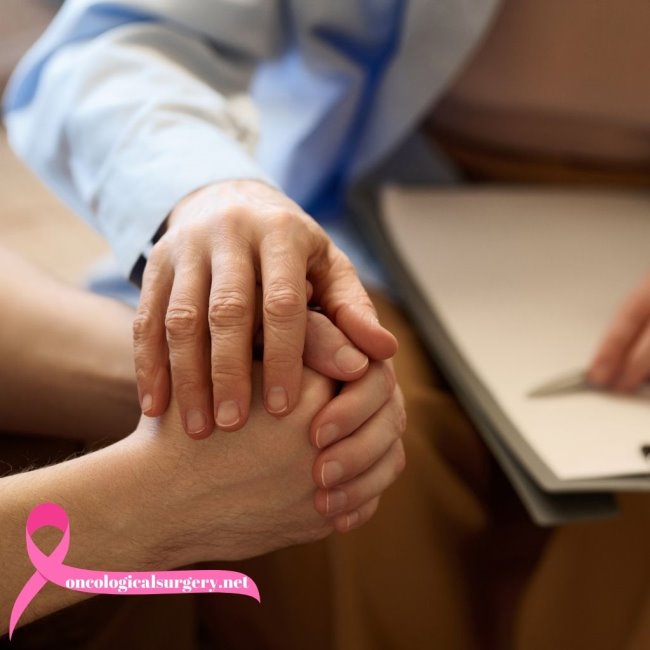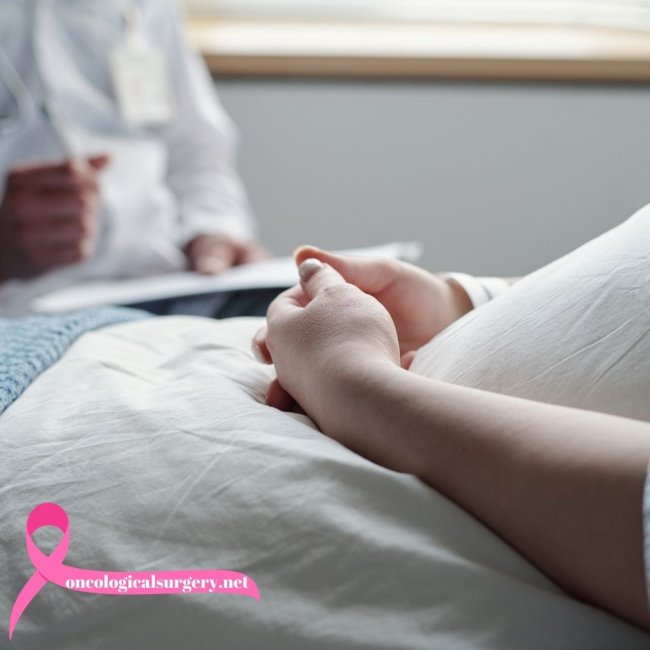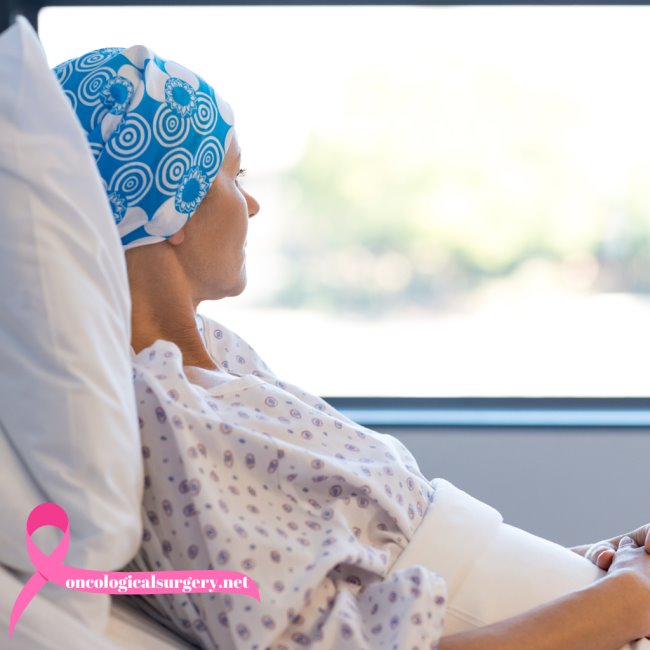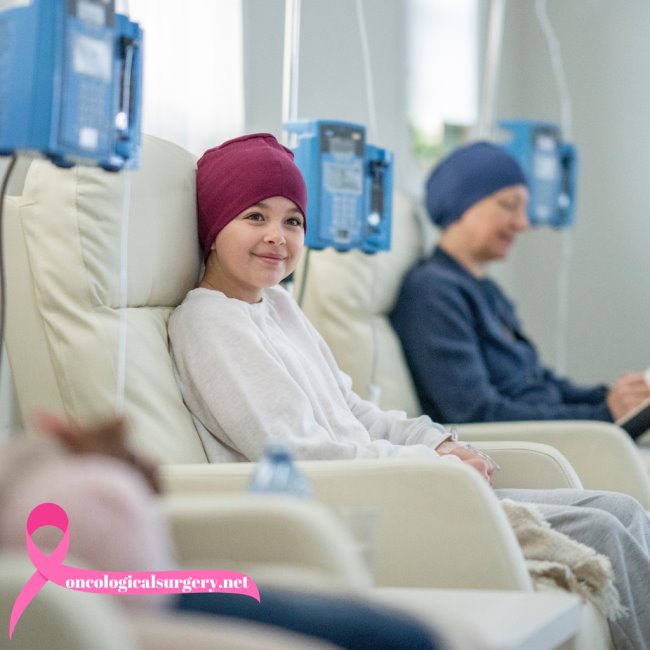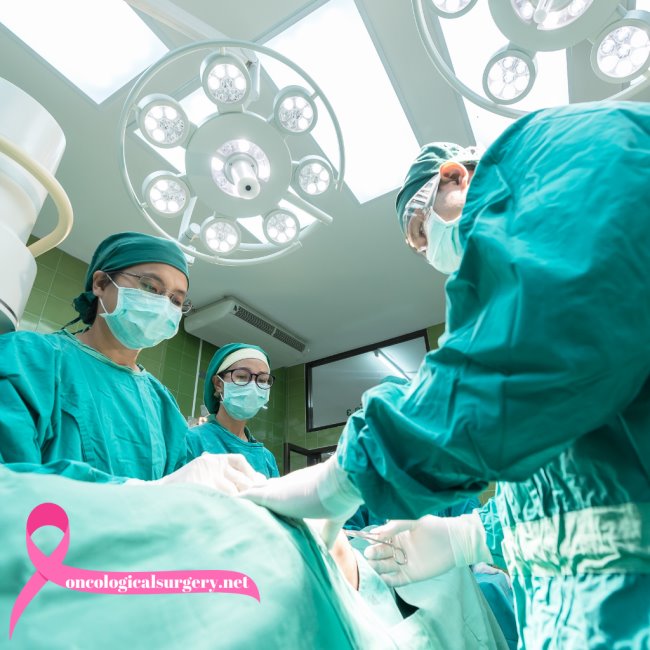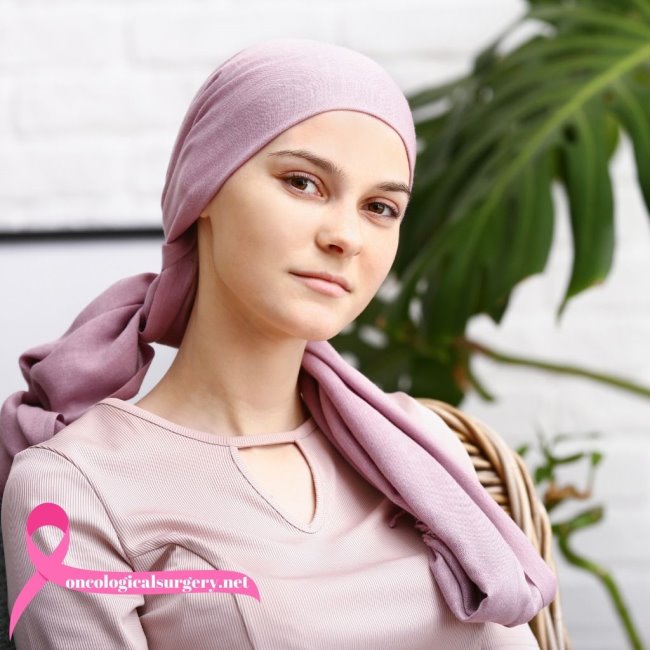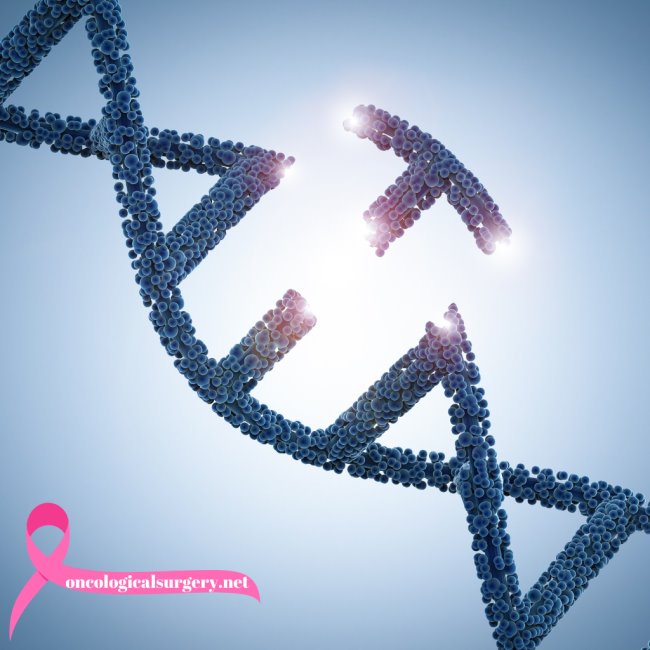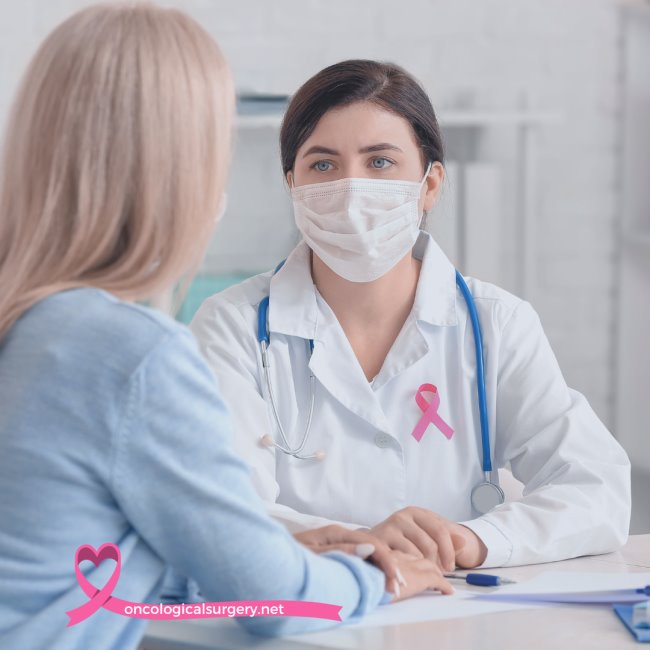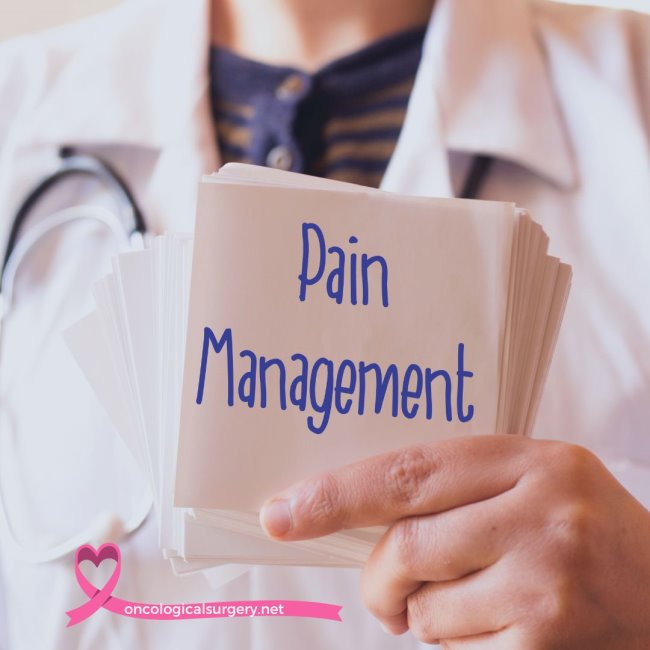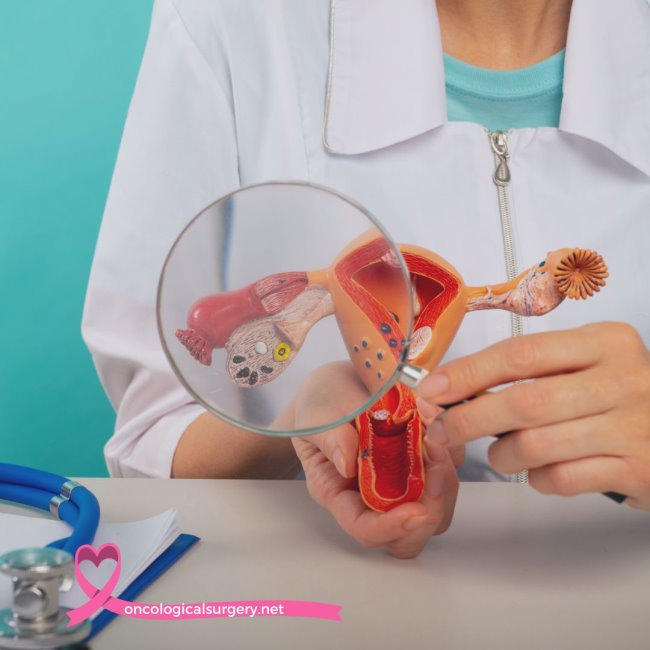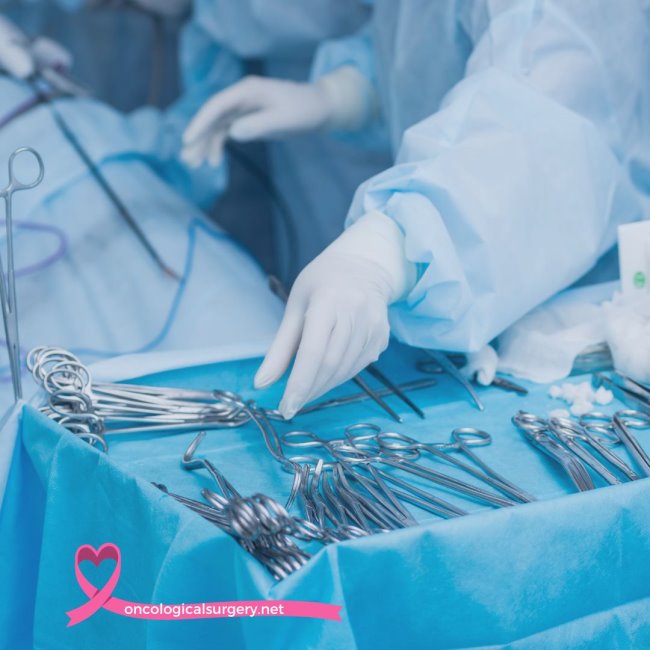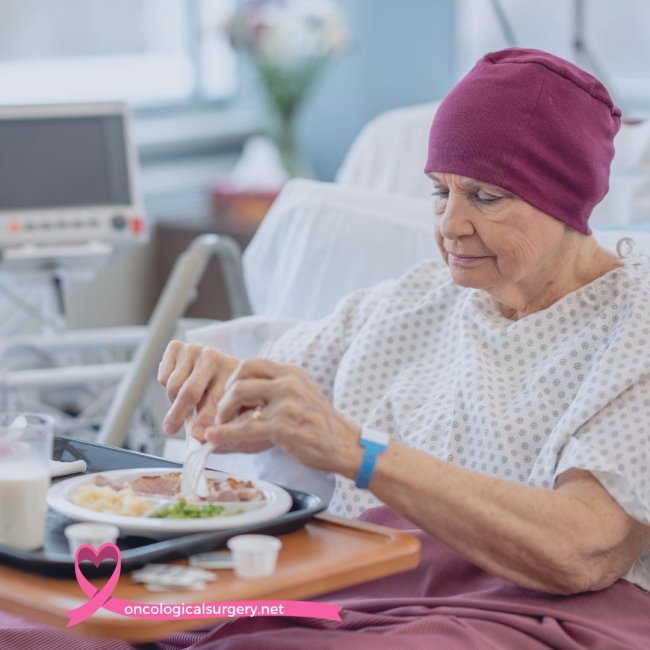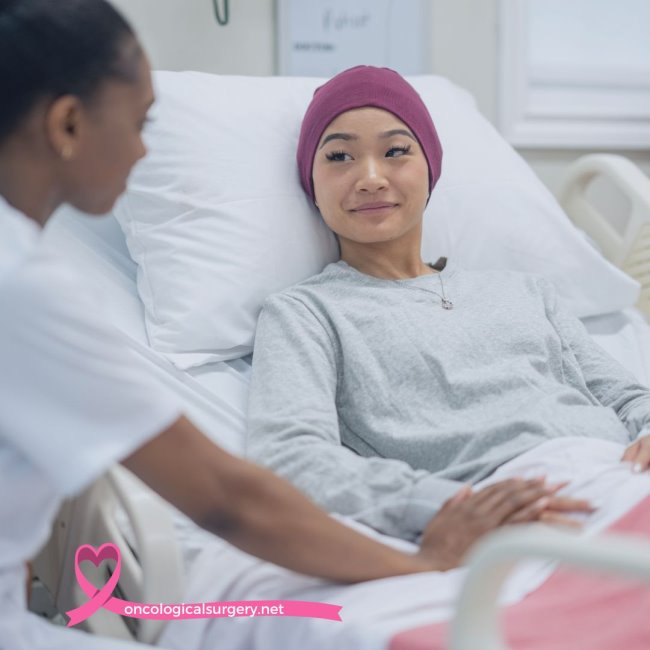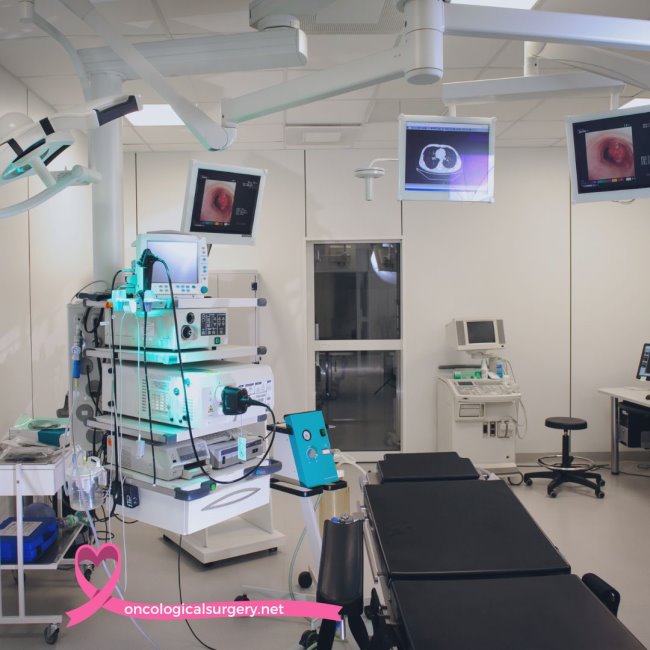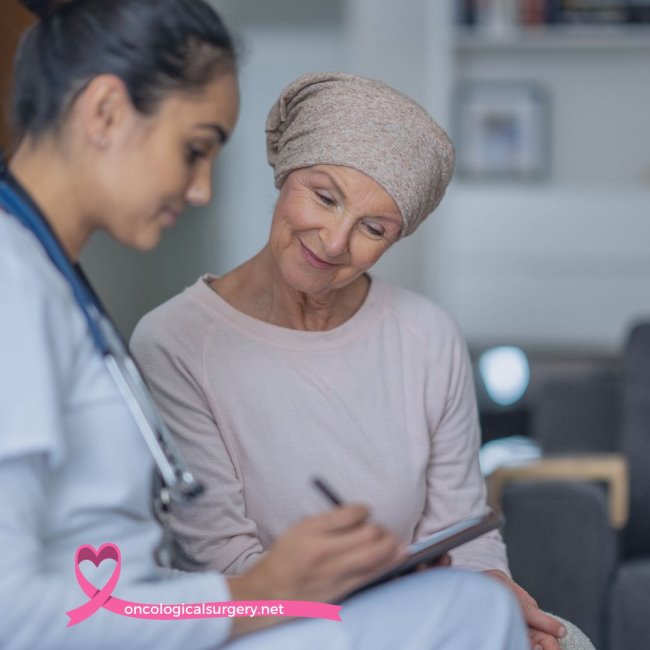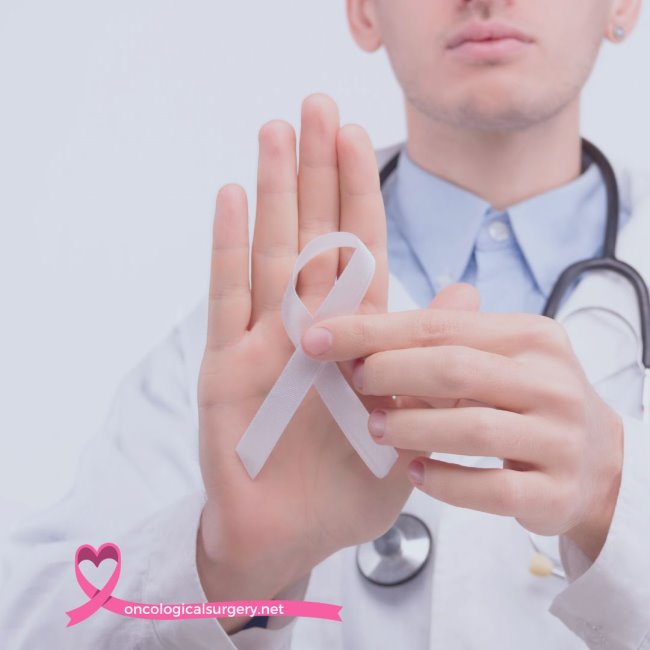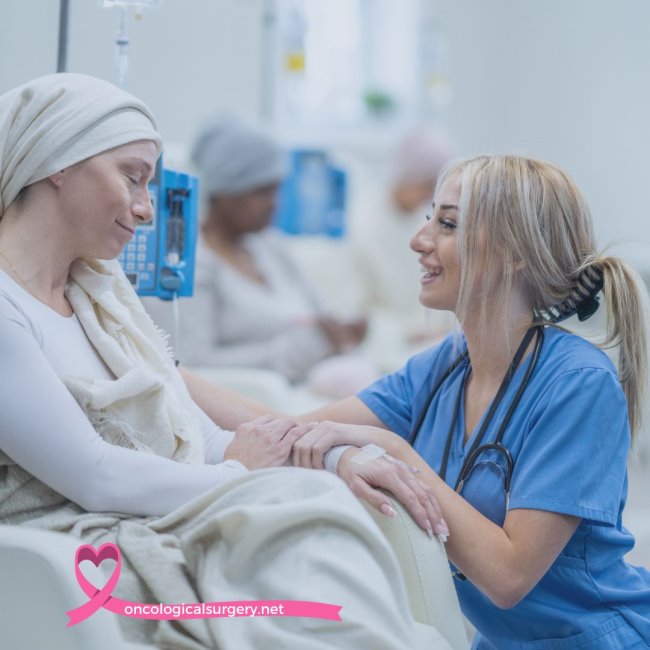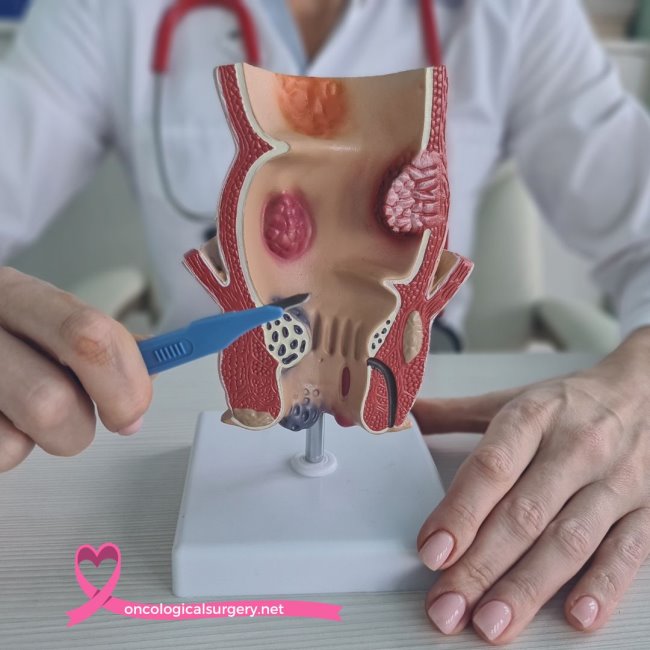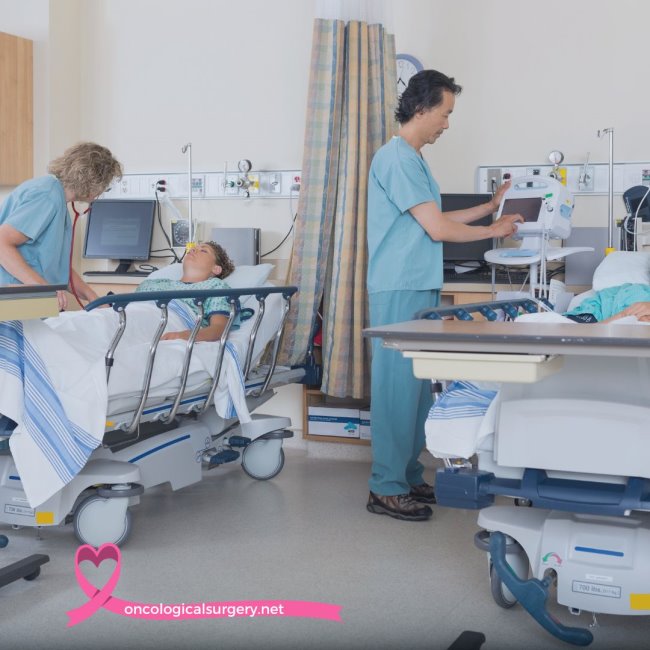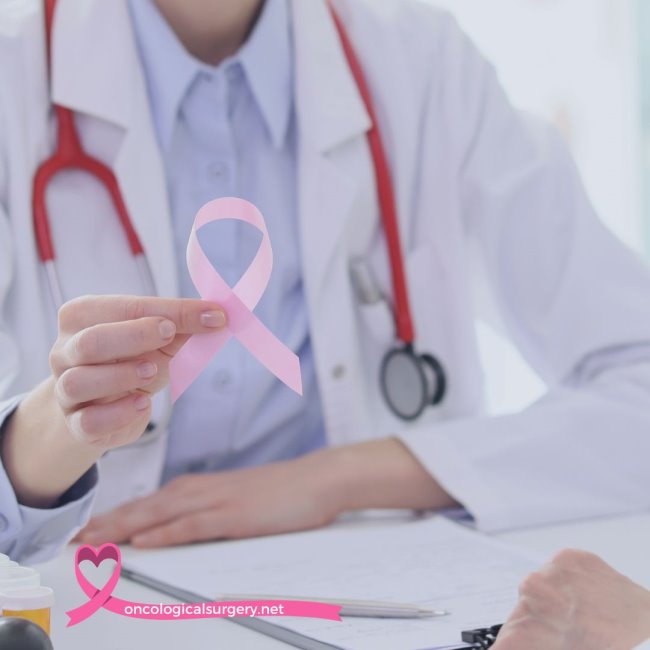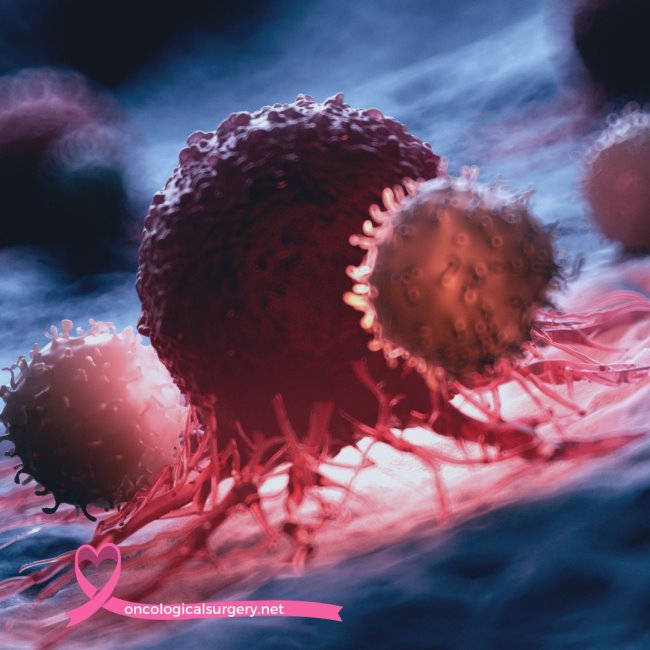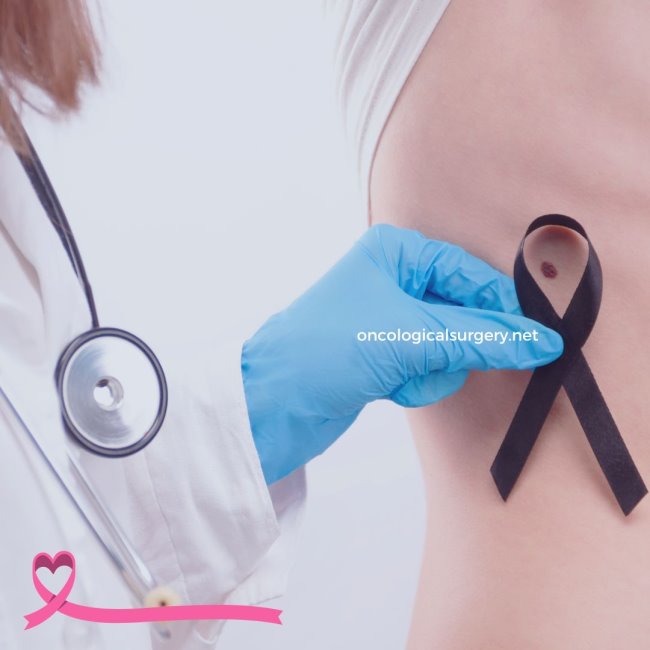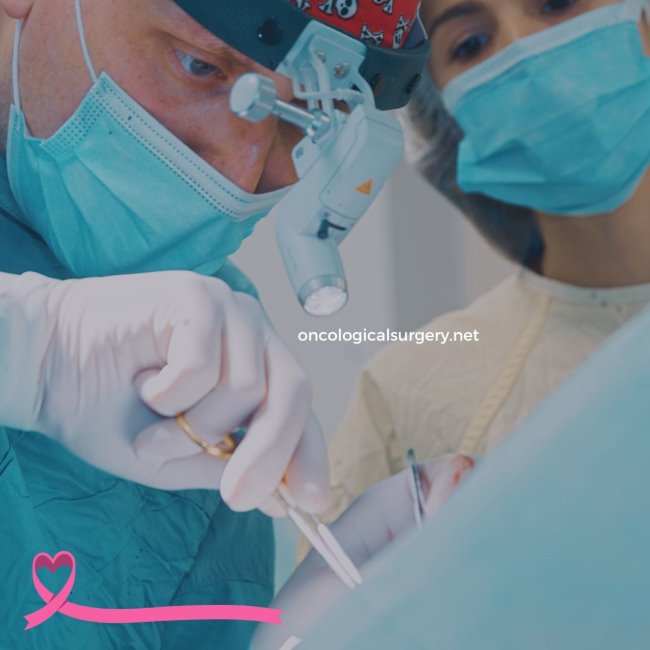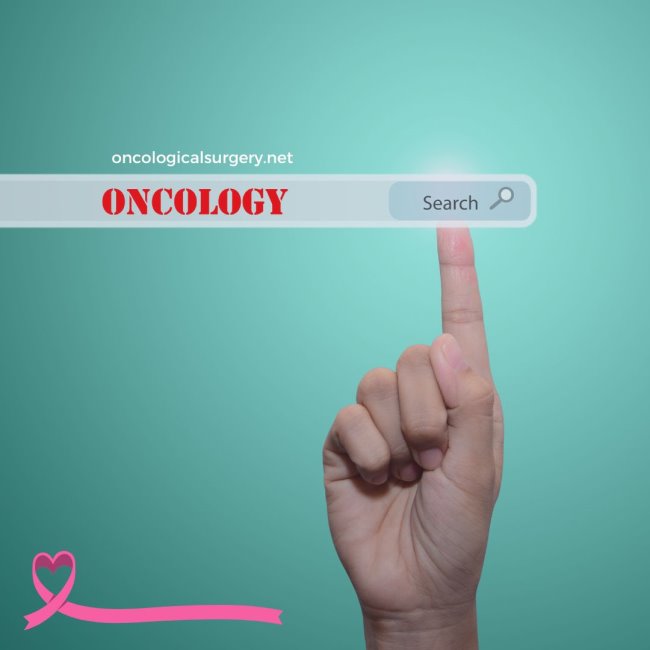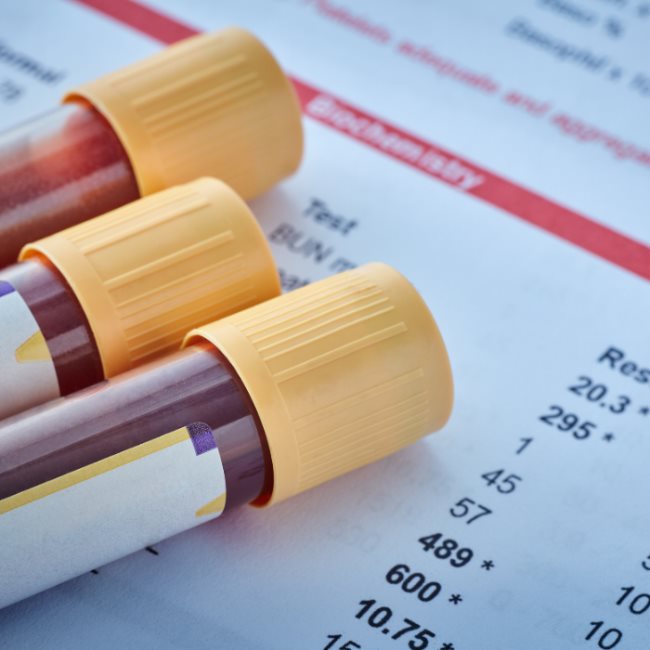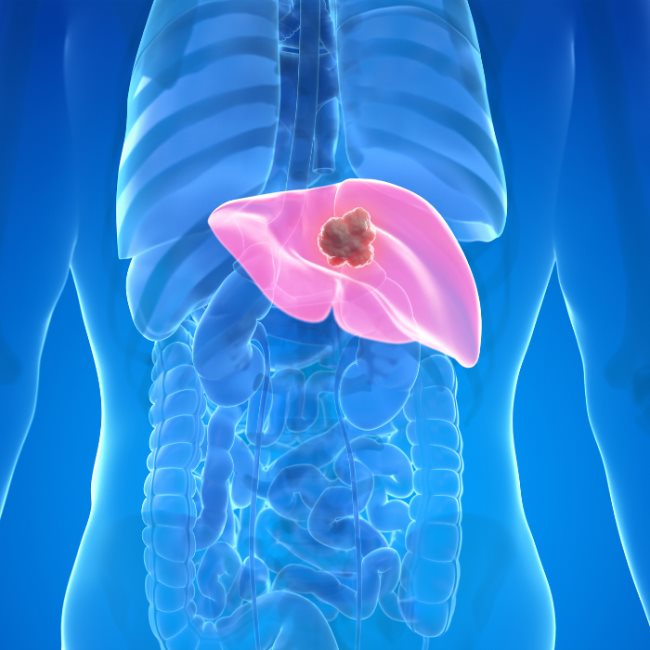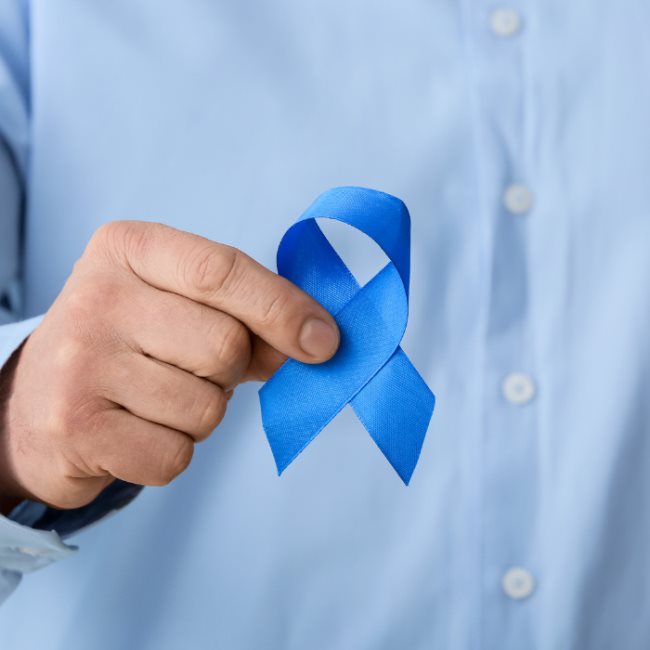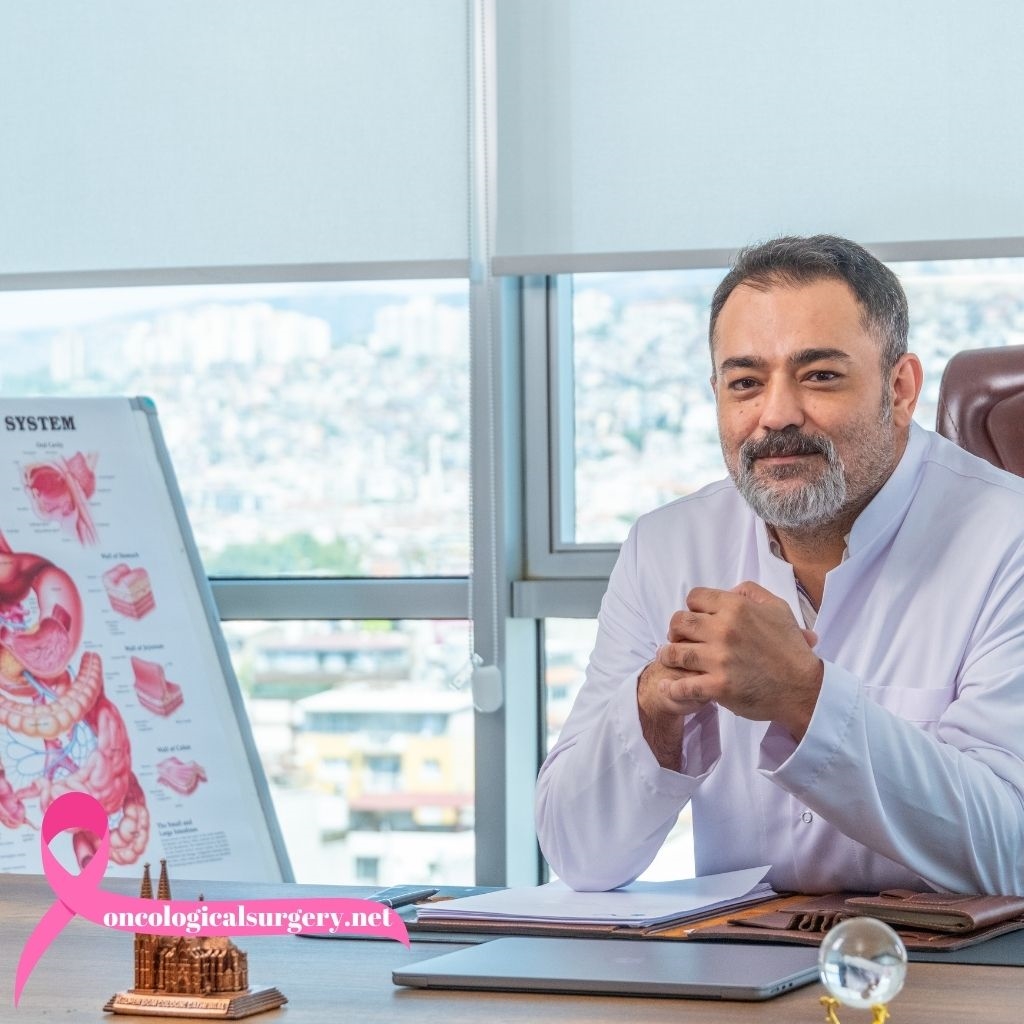
How to Choose the Right Oncologist to Take Care of You?
Cancer is not only a mental fight, but it can also be overwhelming to decide where to go for treatment. You will not just need someone highly competent but completely involved in your care. Finding the right oncologist will help you seek all the possible avenues regarding your specific problem. It will be important to find an oncologist as your disease demands.
How Important It Is to Choose the Right Oncologist ?
Choosing an oncologist is one of the most critical decisions that you will have to make in the whole journey of cancer treatment. A correct oncologist will go a long way in ensuring better treatment outcomes, emotional experiences, and an overall experience. First and foremost, you want an oncologist specializing in your type of cancer. Different types of cancers have different characteristics and features, and their treatment approaches should equally be unique. A medical oncologist who is experienced in the type of cancer you have will know more about your treatment options, including clinical trials and newer ideas.
The rapport with your oncologist will also be a determinant in how comfortable you may feel with your treatments. You want someone who communicates clearly, attentive to your concerns, and allows you to have a say in decisions affecting your treatment. Strong rapport diminishes some of that stress that naturally arises from a cancer diagnosis so you are better able to concentrate on your treatment and recovery than on fighting the system against you.
Things to Consider When Comparing Oncologists
In your quest for an ideal oncologist for your care, there are quite a few factors that must be considered. First to be considered is the credential of the oncologist. One type of credential is board certification, which ensures the doctor has met the specific training requirements and has the expertise to handle your case. In addition, you may investigate the experience the oncologist has with your kind of cancer. The longer the experience, the better the success of outcomes.
Another important aspect is the oncologist's availability. You would not want to wait weeks just to see him, and urgent treatments shouldn't be delayed. You can also check how their office works and how the people there act; a friendly, smooth-running staff may make a huge difference in your overall experience.
You should also check the affiliation of an oncologist with hospitals and health facilities. The top medical facilities are usually those that participate in innovative research studies and clinical trials. It's helpful for them since they will get to offer new treatments to the patients that are not available elsewhere. By understanding their affiliations to reputed and established facilities, you can be guaranteed quality service. Your Oncologist: How Communication Plays a Role in Your Relationship
Good communication with your oncologist will enable you to make informed decisions about your care. You should not hesitate to ask about your symptoms, the different treatment options available, and any other concerns you may have with your doctor. If you have more than one initial consultation, observe how the doctor relates to you. Is he or she approachable? Does he or she take the time to explain what may be difficult terms to understand in a way that you do?
A good oncologist should also leave time for questions and give you the opportunity to state your preferences about treatment. Your input is very valuable in a decision about treatment. Participating in your care plan can enhance your compliance with treatment and may even improve your overall prognosis.
It's also a good idea to have a family member or friend come along to appointments. They can help you remember everything that's said, and they can give you emotional support. Having an extra pair of ears lowers the burden of stress from information overload and gives you more confidence in your treatment plan.
Reviewing Reviews and Recommendations
It is now easier than ever to get comments and recommendations about these services. Websites, forums, and social media give patients a venue from which they can communicate their experiences and their insights. In researching potential oncologists, it may be beneficial for you to check online reviews, but remember that everyone's experiences can vary greatly, and what may work for one person does not work for you.
You can ask your family doctor or friends and relatives who have gone through similar ordeals for recommendations. Very often, personal experiences will bring you to some of the most highly acclaimed oncologists in your area. Another excellent way to find specialists in health professionals is through support groups. Reach out to other people who have been on journeys like yours and ask about their experiences and any helpful information they may have.
Holistic Directions
Beyond traditional therapies, the question could be asked if there are any complementary treatments that he or she offers which could enhance your overall care. Many patients benefit from integrative approaches such as nutrition counseling, physical therapy, and meditation. Discussion of these options with your oncologist will give a sense of how he or she regards holistic health in concert with conventional treatments.
You might also like to ask about referral networks. Does the oncologist work with other specialists, dietitians, or mental health professionals? A full-service treatment plan that can take care of different areas of your life can make a huge difference in how well you feel during your treatment.
What's Next
Once you have reduced the list, consult with your oncologist. This initial visit gives you an idea about his approach, way of talking, and philosophy of treatment. Remember, this is all about finding the right fit for you, while the oncologist will try to assess your needs and capabilities. Approach the process with confidence and take your time to find one using this guide.
After all, your health and wellbeing are the most important things in the world. You want an oncologist who isn't only a brilliant doctor but also a caring one who is as keen to see you through to getting well as you are. And if you don't like what you hear, or even if you do but just feel like something's off, get a second opinion. You must always feel empowered to speak up for yourself where your health is concerned.
It does take time to find the right oncologist, but the difference he or she makes in your journey is priceless. You'll see that there are those who will be right by your side, always being an advocate for you in their ways through it all-considering your options and having the right resources on your side.
Continuing the Journey Toward Effective Cancer Care
It is only when you have chosen an oncologist that your journey of proper cancer care actually begins. During the course of treatment, it is very necessary to be proactive and involved. You can take charge of your health through asking questions, seeking available support, considering changes in lifestyle which could complement your treatment .
Playing an active role in your treatment process
An active role in treatment isn't just desirable; it is vital. This means that when you go to the oncologist to explain the treatment plan to you, you are at liberty to ask any kind of question. The better you understand your disease, available treatments, and possible side effects, the more informed you would be to make some decisions. Questions might include those regarding the actual chemotherapy regimen: how long is it, how it is given, what side effects are expected. Knowing your treatment options This can help you balance the benefits and risks of treatment with the potential side effects of treatment and helps you feel more in control.
Also, if there is anything that you do not understand in the plan, request an explanation. Do not hold yourself back if you express concern about treatments that bother you. A real oncologist would be pleased that you are interested in understanding your condition, and may even offer you other available options or provide additional materials to help you overcome your apprehensions.
Employing support networks
Living with a diagnosis of cancer is an emotional roller coaster, and one doesn't have to face it all by themselves. Reaching out to support networks may take a lot of the weight off your shoulders. Your family and friends may provide an important anchor emotionally, but support groups for people with cancer can offer valuable perspective and solidarity.
Unlimited communities, both virtual and live, can create groups of people who share experience, coping, and emotional support. Such is a great avenue where you will build relationships with people who understand what you are going through yet judge not. Many times, just knowing you are not alone can be enough to keep the candle of hope and resilience burning. Lifestyle Changes to Consider
Besides open communication with the oncologist and as a part of a support network, healthy lifestyle changes can play an important role in one's journey through cancer care. Many find healthier choices regarding nutrition, physical activity, and the management of stress to have a positive impact on their well-being throughout treatment.
Nutritional health is essential. A diet complete with fruits, vegetables, whole grains, and lean proteins will help your body through treatment. You might not be hungry or have the energy to eat during some treatments, but paying attention to nutrition can help you strengthen your immune system and improve your overall health.
Discuss your specific nutritional needs and any food limitations with your oncologist, or a registered dietitian specializing in oncology. They will be most knowledgeable about how you can get the nutrition you need considering your ongoing nausea or lack of appetite from your treatments.
